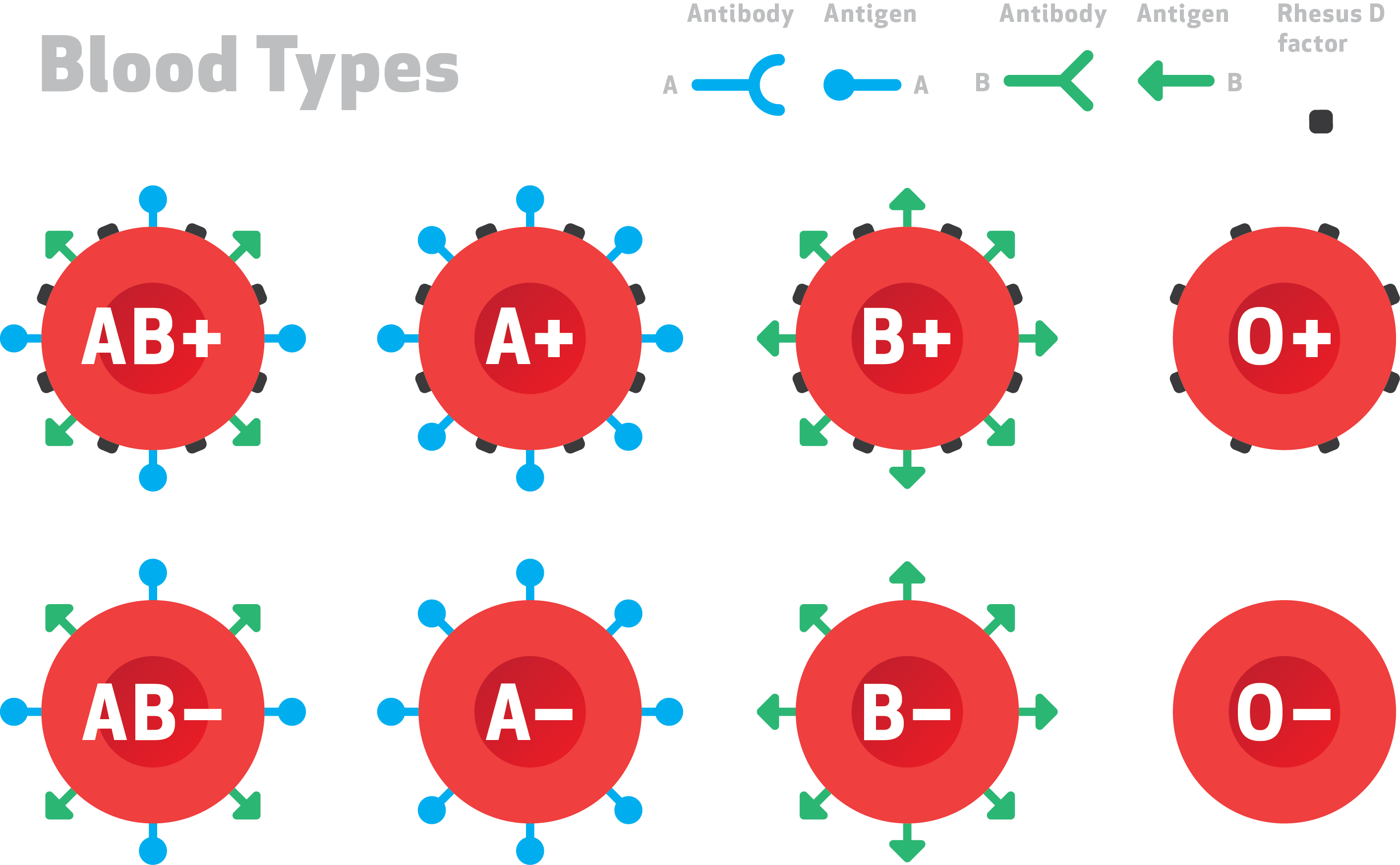When it comes to blood, there are two terms that are often used interchangeably: blood group and blood type. However, these terms are actually different and refer to different aspects of blood. In this article, we will explore the difference between blood group and blood type in detail.
Blood Group
Blood group refers to the classification of blood based on the presence or absence of certain antigens on the surface of red blood cells. There are four main blood groups: A, B, AB, and O. These blood groups are determined by the presence or absence of two antigens: A and B. Blood group A has only A antigens, blood group B has only B antigens, blood group AB has both A and B antigens, and blood group O has neither A nor B antigens.

Blood group is important in blood transfusions as the wrong blood group can cause a transfusion reaction, which can be life-threatening. For example, if someone with blood group A receives blood from someone with blood group B, their body will recognize the B antigens as foreign and mount an immune response, leading to a transfusion reaction.
Blood Type
Blood type, on the other hand, refers to the specific combination of antigens and antibodies in an individual's blood. There are eight main blood types: A+, A-, B+, B-, AB+, AB-, O+, and O-. The plus or minus sign indicates the presence or absence of the Rh factor, another antigen on the surface of red blood cells.

Each blood type has a specific combination of antigens and antibodies. For example, blood type A has A antigens on the surface of red blood cells and anti-B antibodies in the plasma, while blood type B has B antigens and anti-A antibodies. Blood type AB has both A and B antigens and no antibodies, while blood type O has no antigens and both anti-A and anti-B antibodies.
Compatibility
Compatibility between blood donors and recipients depends on both blood group and blood type. In general, people with blood group O are considered universal donors as their blood does not have A or B antigens, while people with blood group AB are universal recipients as they can receive blood from any blood group without a transfusion reaction.

However, even within the same blood group and blood type, there can be variations in antigens and antibodies that can cause a transfusion reaction. This is why blood typing and cross-matching are done before any blood transfusion to ensure compatibility.
Conclusion
In summary, blood group and blood type are two different but related concepts in blood classification. Blood group refers to the presence or absence of A and B antigens, while blood type refers to the specific combination of antigens and antibodies. Understanding the difference between the two is important in blood transfusions and medical emergencies.